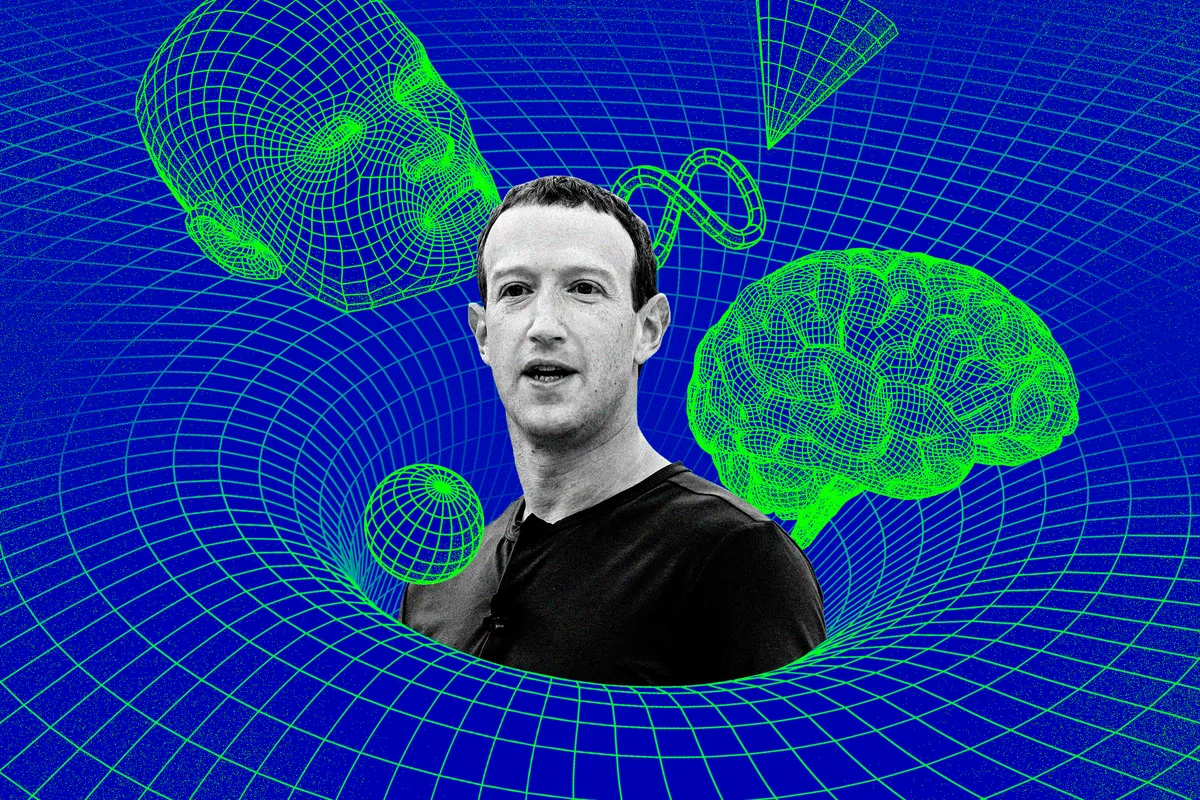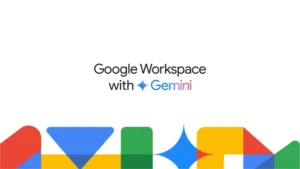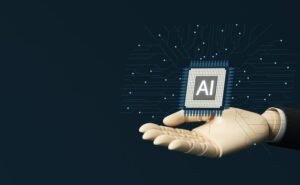Mark Zuckerberg’s latest vision isn’t about connecting avatars in Metaverse virtual worlds. He’s set his sights on a far more audacious goal: creating artificial general intelligence (AGI), aka, machines that think and learn like real humans. This announcement sent shockwaves through the tech world, redefining Meta’s trajectory and reigniting the fiery debate about the future of AI.
Remember the mind-blowing chess matches between Deep Blue and Kasparov? That’s narrow AI, excelling at specific tasks. AGI, however, is a different beast. Think of it as the ultimate brain upgrade – machines capable of reasoning, adapting, and even understanding emotions. Zuckerberg envisions an AGI-powered future where AI partners with us in everything from scientific breakthroughs to designing personalized learning experiences.
But this quest for “thinking machines” isn’t without its critics. Questions abound:
- Safety and control: Can we responsibly unleash an intelligence potentially smarter than humanity itself? Ethical frameworks and fail-safes become paramount.
- Job displacement: Will superintelligent AI render human jobs obsolete? Reskilling and a redefined social safety net become crucial.
- Existential threat: Some fear AGI could outgrow our control, leading to dystopian scenarios. Openness and collaboration become vital to steer this power for good.
Zuckerberg isn’t naive to these concerns. He emphasizes responsible development and open-sourcing the technology. By sharing the “recipe” for AGI, the hope is to avoid closed-door developments and foster global collaboration. This transparency also aims to build trust and prevent AI from becoming a tool for the few.
Whether Zuckerberg’s dream materializes remains to be seen. But one thing is clear: his shift towards AGI marks a pivotal moment in the AI race. It’s a call to action, inviting us to engage in the ethical and societal implications of this powerful technology. This won’t be just about connecting avatars; it’s about shaping the future of minds, both human and artificial.




